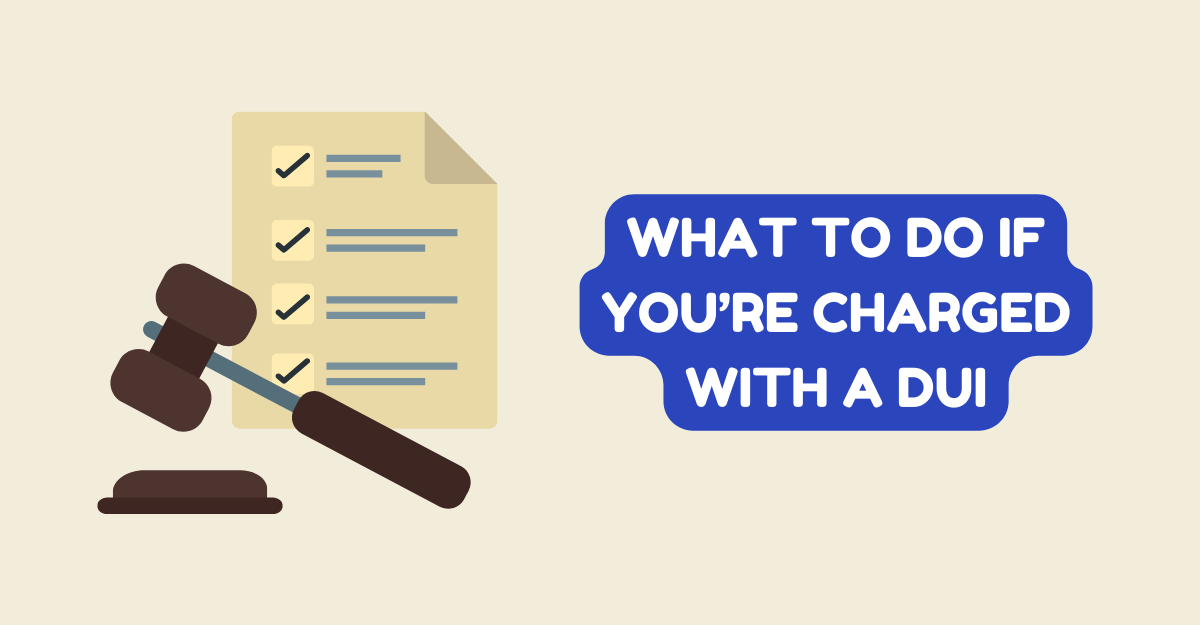
What to Do If You’re Charged with a DUI
Drinking and driving is always a fatal combination. Anyone who has attained their driver’s license knows from driver’s education seminars the effects of alcohol and illegal drugs. They can impede their focus, slow their response times, and lead to fatal injuries and deaths. Wherever you are in the world, driving under the influence is dealt with severely through hefty fines, driving suspensions, and jail time.
However, there are cases when you’re pulled over by authorities who claim you’re drunk driving without establishing any credible proof. There are also situations when faulty breathalyzer readings could land you in jail even though you haven’t drank anything before that.
When you think you’re unfairly charged with a DUI, you have the right to dispute the claim. However, before confronting the officers, you should know there’s a proper approach to take if you don’t want to be in hotter water. Start with the guide below:
1. Never resist arrest and say anything to the police
Human as we are, talking back is part of our nature during a dangerous situation such as being arrested for a DUI. Speaking up will only complicate things even further. Keep in mind that the police will arrest you based on suspicion. Resisting the process even though you’re sober will force the arresting officer to use anything you say against you in court.
That’s why it’s always a good idea to not say anything at all once you’re cuffed. The best you can do in this situation is to call a reliable DUI lawyer from firms like Liberty Law to help straighten out the facts and keep your record clean of dubious charges.
2. Know whether you should or should not take a breathalyzer test
It’s standard procedure for authorities to ask DUI suspects to submit to a breathalyzer test. On the other hand, lawyers are divided on whether suspects should submit or not. It usually depends on the situation. For instance, if you weren’t drunk or haven’t drunk any alcohol during your arrest, you can confidently take the test and prove you’re fit to drive.
There are also cases when an officer considers even a small amount of blood alcohol to be enough proof to support a DUI charge. Even though you’re still sober, the result could still be used against you in court. This would be the only scenario in which refusing a breathalyzer test would benefit you. To be sure, talk with your DUI lawyer before agreeing. It will make all the difference in dropping the DUI charge or at least reducing your sentence and avoiding a suspension.
3. Gather enough evidence to support your defense
The severity of your DUI charge will depend, at least to a certain extent, on the evidence the arresting officer was able to gather on the field. However, there’s a good chance that any of it isn’t reliable in the first place. Instead of taking it at face value, treat such evidence as incomplete.
In the aftermath of your arrest, talk to people who last saw you before driving. Have your lawyer gather key testimonies showing you didn’t drink before hopping into your vehicle. Receipts from the bar you were in can also be used as evidence in addition to the accounts provided by the waiter or bartender serving you. The fact that you didn’t order any alcohol could raise the chances of having your DUI charge dropped and avoiding a suspension.
Endnote
A DUI is a serious offense and hardly anyone can get away with it. But if you think you were charged unfairly, then turn to these tips and slip away from hefty penalties.

 Banco4 years ago
Banco4 years ago
 Gaming3 years ago
Gaming3 years ago
 Social Media3 years ago
Social Media3 years ago
 Indonesia4 years ago
Indonesia4 years ago
 Filmora4 years ago
Filmora4 years ago
 Education1 year ago
Education1 year ago
 Indonesia3 years ago
Indonesia3 years ago
 Education4 years ago
Education4 years ago

You must be logged in to post a comment Login